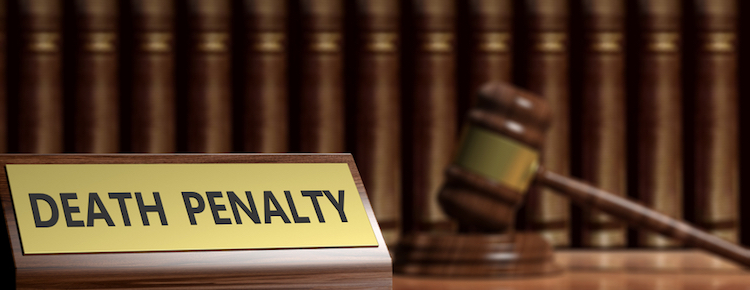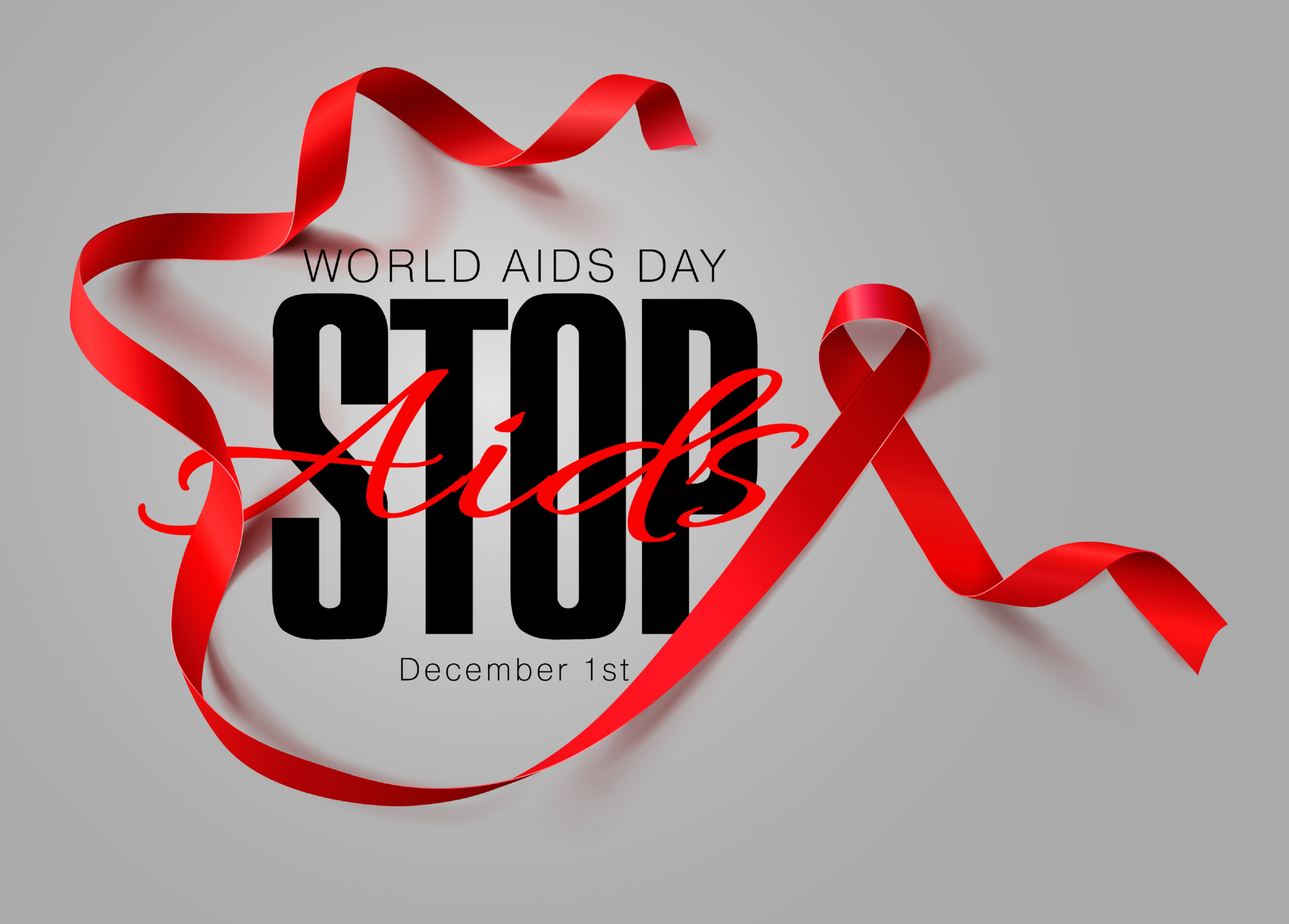Securing a Place for Children’s Rights in Public Health Emergencies
By Sheila Varadan, Ton Liefaard, and Jaap Doek
The Principles and Guidelines on Human Rights and Public Health Emergencies (Principles) make a significant contribution towards clarifying the scope of States’ legal obligations under international human rights law during public health emergencies. What is missing, however, is a specific and detailed discussion on the rights obligations and principles owed to children during public health emergencies. This leaves open the question of how States will guarantee respect for and protection of children’s rights in future public health emergencies, and what measures, if any, will be taken to ensure children are actively listened to and engaged with in the prevention of, preparedness for, and response to public health emergencies (PPRR).
The vulnerability of the child in global health emergencies
At the height of the COVID-19 pandemic, 194 countries and territories shut their schools nationally, affecting the right to education of more than a billion children. The UN Committee on the Rights of the Child highlighted the “grave physical, emotional and psychological effects of the COVID-19 pandemic on children” while the UN Special Rapporteur on the Right to Education warned of the impact that such an unprecedented school closure would have on already existing structural barriers in the implementation of the right to education.
It goes without saying that human rights are enjoyed by all persons, and as such general measures for the protection of human rights should apply equally to children in a public health emergency. However, we would argue that the unique dimensions of childhood warrant a different set of considerations both in how children’s rights are respected and how a child’s rights are recognized and protected during a public health emergency. A child’s relative maturity and dependency on parents and family member renders them uniquely vulnerable to rights abuses, often at the hands of the very persons entrusted to protect their rights. This vulnerability is exacerbated by a presumption of incompetence attributed to children under the age-threshold of adulthood (“legal age of majority”), which often leads to their exclusion from formal decision-making processes both at the policy level or in a legal setting. Children are also generally not granted legal standing in most jurisdictions, making it difficult, if not impracticable for an individual child to seek redress for rights violations, particularly where rights abuses or violations are perpetrated or facilitated by the adults entrusted to their care.
That the media cast children as the “hidden” or “silent” victims of COVID-19 further reinforces an imagery of the child as “unseen” and “unheard,” robbing children of their voice and agency in the prevention of, preparedness for, and response to public health emergencies (PPRR).
The children’s rights legal framework
The United Nations Convention on the Rights of the Child (“CRC”) is an almost universally ratified human rights instrument dedicated to upholding the human rights of children. It provides a rights-based framework that not only ensures children are recognized as rights-holders, but also that States take measures to enable and empower children’s agency in the exercise of their own rights.
What relevance does the CRC framework hold for the interpretation and implementation of the Principles?
As a starting point, we would suggest that the Principles be interpreted and implemented in compliance with States’ obligations under the CRC, specifically its four general principles:
- the right to non-discrimination (Article 2(1));
- the best interests of the child (Article 3(1));
- the right to life, survival and development (Article 6); and
- the right to be heard (Article 12(1)).
In practical terms, this will mean that, inter alia, PPRR measures limiting or derogating against human rights (pursuant to Principles 16.1, 16.2 and 16.3) should account for the best interests of the child as a primary consideration. Taking the example of school closures during the COVID-19 pandemic, this would require balancing immediate public health concerns, (i.e., containing the infectious disease outbreak), against the short-, medium- and long-term impact of such measures on children’s enjoyment and realization of rights, namely the right to development (Article 6(2)), the right to education (Article 28) and the right to play (Article 31). Moreover, it will require actively including children in the decision-making process, and ensuring that due consideration is given to their perspectives in the implementation of PPRR measures. Furthermore, particular measures will need to be taken to ensure disadvantaged or marginalized groups of children do not face discrimination in accessing their rights or barriers from participating in PPRR decision-making processes.
In some instances, a deeper elaboration on the content of the Principles will be needed to ensure compliance with the CRC. For example, Principle 7 requires that States “respect and ensure the right to meaningful and effective public participation in decision-making processes relating to PPRR” (Principle 7.1). However, there is no mention of children nor is there any guidance on what measures will be needed to ensure children are able to actively and meaningfully participate in decision-making processes (Principle 7.2). The CRC and related guidance provided by the UN Committee on the Rights of the Child (“Committee”) may be useful here. The Committee enumerates specific measures that both ensure children receive guidance and support to enable their participation, and create a space for children to be listened to on the matters affecting their everyday lives.
Similarly, Principle 6.1 calls on States to “guarantee access to information, including health-related information and information concerning State policies to address public health emergencies…” However, again there is no mention of children, nor is there any guidance on how such information should be made accessible to children during a public health emergency (Principle 6.2). Articles 13 and 17 of the CRC expressly set out rights to freedom of information and access to information with the CRC Committee enumerating specific measures to guarantee children’s access to information that is age-appropriate and consistent with their evolving capacities.
Finally, it may be necessary to broaden the scope of the Principles to take into account the interdependence and indivisibility of children’s rights in the context of public health emergencies. Principle 12 addresses retrogressive measures in respect of the right to health and health-related rights. We would argue that more consideration should be given to economic, social, and cultural rights specific to children, such as the right to development (Article 6(2)) and the right to leisure and play (Article 31 CRC).
Securing a place for children’s rights in public health emergencies
The Principles are an important first step towards clarifying the scope of States’ rights obligations during public health emergencies; as such, it is not unreasonable that their scope should be framed broadly without a detailed discussion on the rights of specific vulnerable populations. At the same time, without a deeper reflection on how to recognize and enable children as rights-holders, and importantly practical guidance to States on what measures will be needed to secure for children the enjoyment of their rights, the Principles will do little more than pay lip service to children’s human rights in times of public health emergencies. If we are to secure a place for children’s rights in future public health emergencies, a more deliberate and detailed discussion will be needed – one that actively engages and empowers children, both as individuals and a collective, in the protection and promotion of their own rights.
Sheila Varadan is an Assistant Professor of Children’s Rights and Global Health in a joint appointment with the Department of Child Law and the African Studies Centre at Leiden University.
Ton Liefaard is Full Professor of Children’s Rights. He holds the UNICEF Chair in Children’s Rights at Leiden University.
Jaap Doek is a guest lecturer at Leiden University and an emeritus professor of Law (Family and Juvenile Law) at the VU University (Vrije Universiteit) in Amsterdam.






